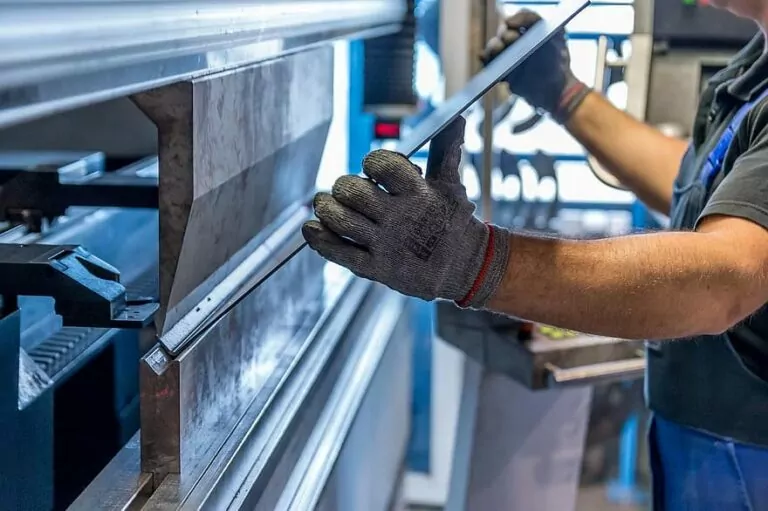Republic (parliamentary and/or presidential) and local authority elections have been held in Serbia for six years since 2012, and five years have passed without a vote. According to the data, the average economic growth in years without elections was almost six times higher than what was recorded in election years, that is, the rate was 4.21 percent of GDP compared to 0.75 percent of GDP, Dusan Vasiljevic said. , director of investment at NALED. However, he now expects that possible elections this year will not have a significant impact on the economy.
“Because of the elections, there will be no legislation for six months, the state administration will slow down in daily work, and spending will increase for a while so that the government can win over different layers of voters, which may even stimulate the economy in the short run, but in the long run, That can mean it’s challenging if you have to offset non-production expenses during the campaign,” he says.
According to Vasiljević, multinational companies operating in Serbia consider political stability and ability to plan as the most important pluses.
Professor Lubomir Madar estimates that the GDP growth recorded in election years and in non-election years shows that elections have a serious impact on the economy.
“Until the end of the year, the business environment will remain as it is now: the rule of law still does not reach the level that serves economic development, and there are a lot of external influences and political measures, which also cause confusion in the economy,” Madar says.
Illustration: Pixabay
Related articles












































